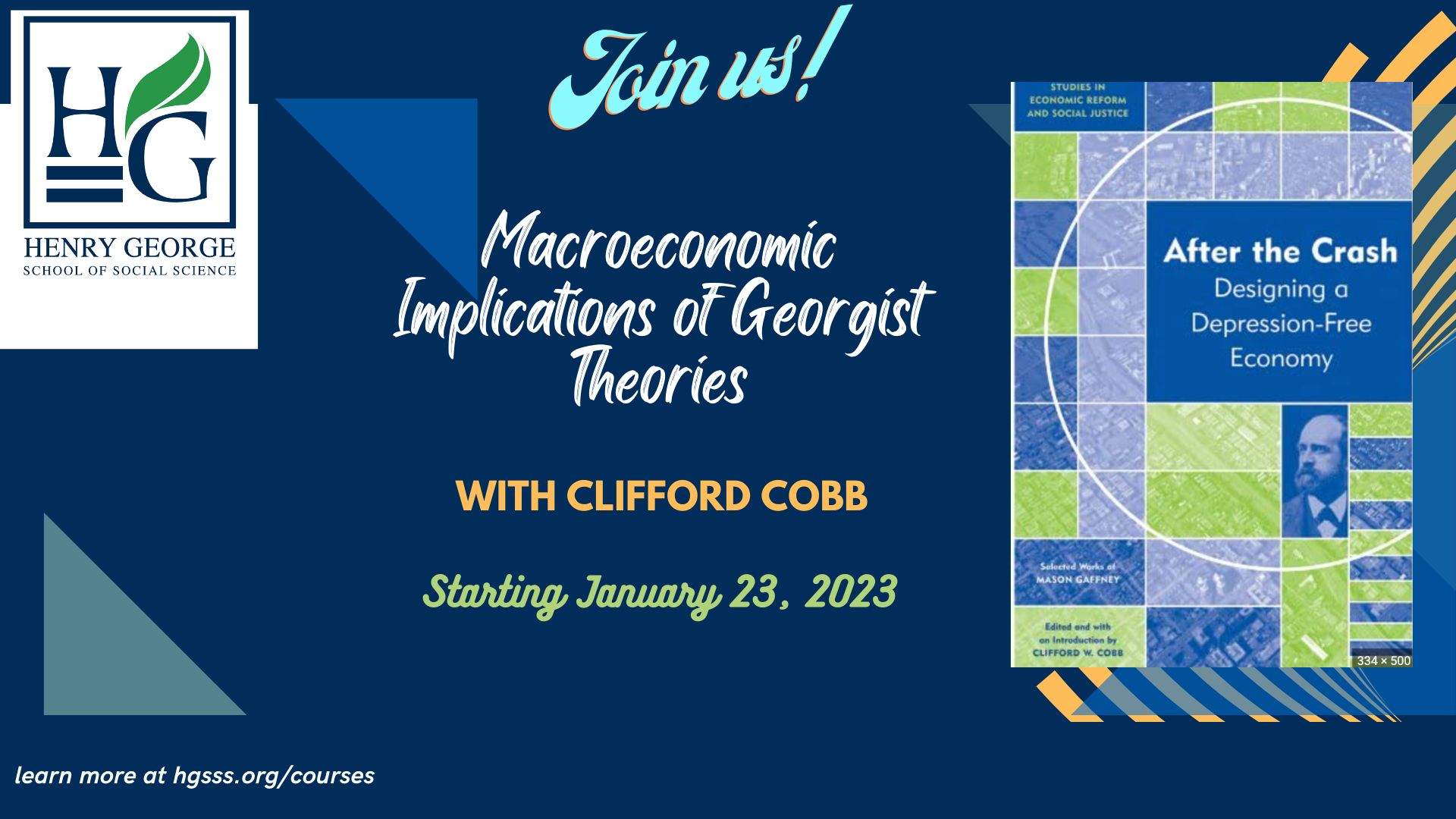Rethinking Economics
Session 1
RETHINKING ECONOMICS
Does economics need a rethink?
Our national debate isn’t on a pathway to solutions. It’s on a pendulum… back and forth: Do we have more government or less government? More of social services or less of social services? Raise taxes or lower taxes? These arguments don’t end. Why does economics need a rethink? Because we’re having the wrong arguments.
This class will ask, could better ideas about what passes for economic fundamentals make capitalism more fair in its outcomes and less needy of government intervention? Is it actually possible to retire some of our political debates?
The instructor, Stephen Taft, has worked for decades on Wall Street managing others peoples’ money. Over that time, he delved into economic studies to help him cut through the chatter that drives many investment choices. What he found there is a misbegotten justice. He is eager to share his findings.
Instructor: Stephen Taft
Dates: Wednesdays: 4/26, 5/03, 5/10, 5/17, 5/24
Time: 6:30 PM – 8:00PM ET
Note: This is an online event. Access information for Zoom will be made available the day of each session.
Session 1





